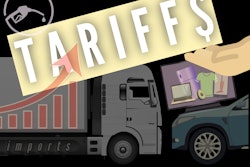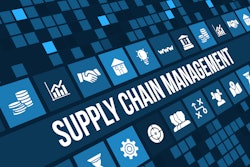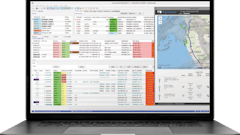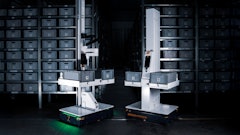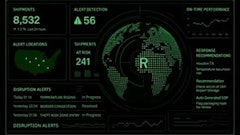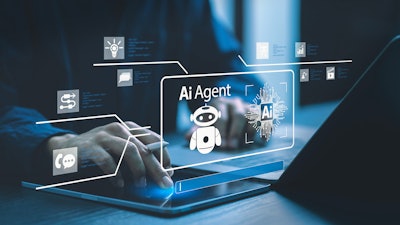
Gartner predicts that by 2030, 50% of cross-functional supply chain management (SCM) solutions will use intelligent agents to autonomously execute decisions in the ecosystem.
“Supply chain technology investments need to improve efficiency or contribute to profit growth in today’s climate of uncertainty,” says Kaitlynn Sommers, senior director analyst in Gartner's Supply Chain practice. “Agentic AI has the potential to do both by providing a new means to enhance resource efficiency, automate complex tasks, and introduce new business models across supply chains.”
Key takeaways:
· In the first stage of agentic AI, AI agents emerge as task-specific intelligent assistants designed to aid humans. An example would be a procurement agent tasked to autonomously purchase supplies based on inventory stock levels, projected demand, and market conditions.
· In contrast, intelligent agents will evolve to manage greater levels of complexity and provide increased autonomy and interconnectivity, making decisions and taking action as directed by the organization.
“Agentic AI represents a revolution from robotic process automation (RPA) as the AI agents will autonomously complete tasks without relying on explicit inputs or predefined outcomes. Agents will continuously learn from real-time data and adapt to evolving conditions and complex demands. Chief supply chain officers (CSCOs) at the forefront of this next wave in the evolution of generative AI (GenAI) can achieve maximum value,” Sommers adds.







